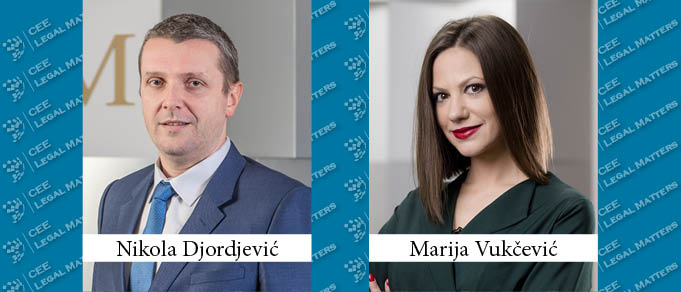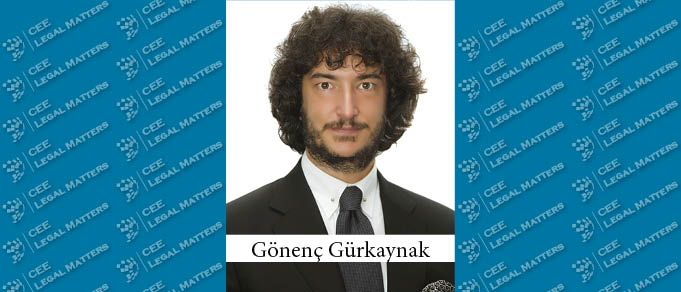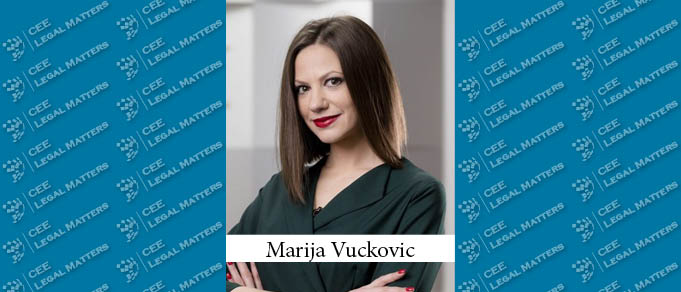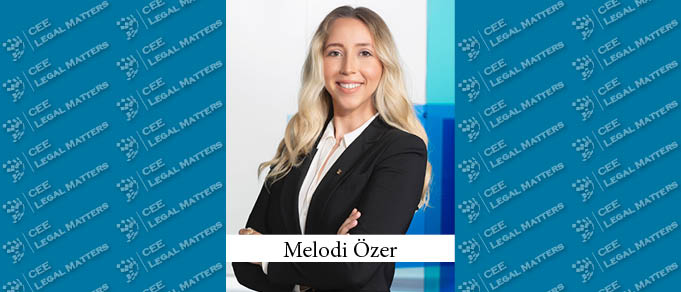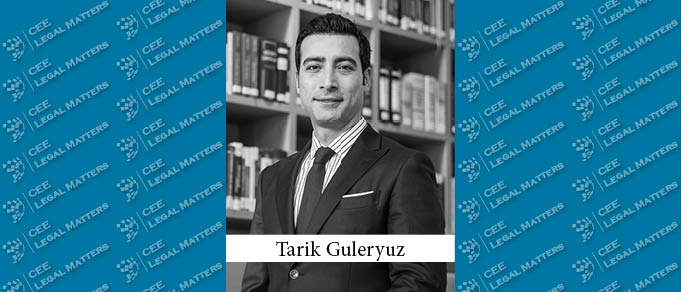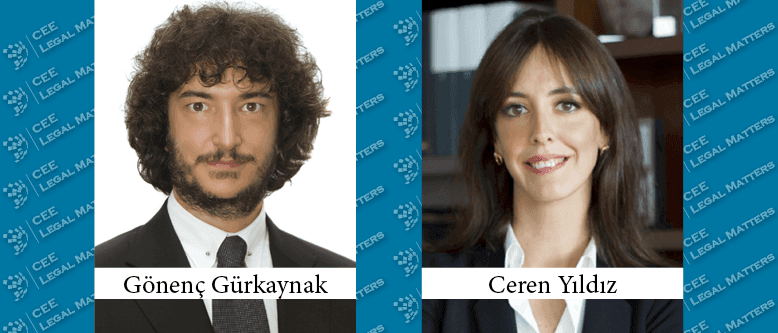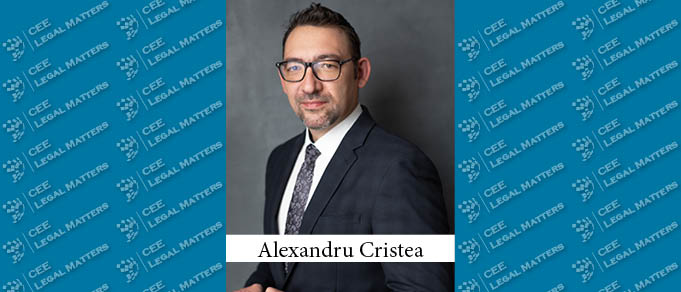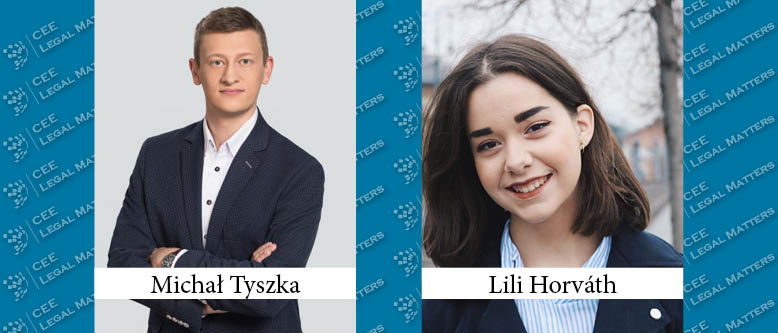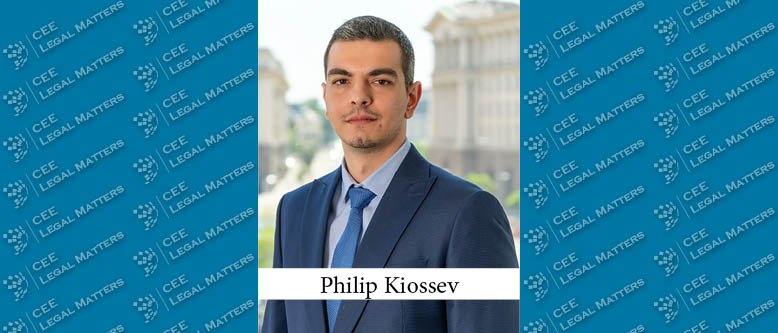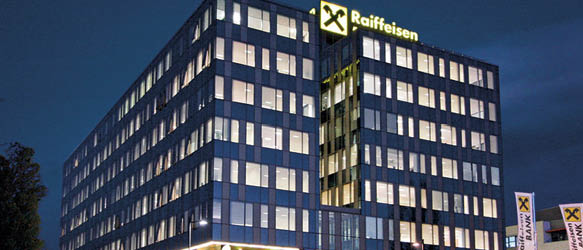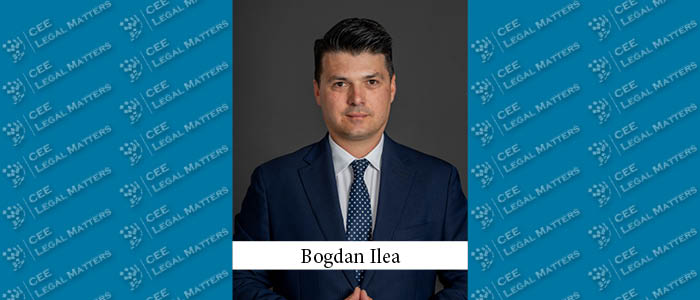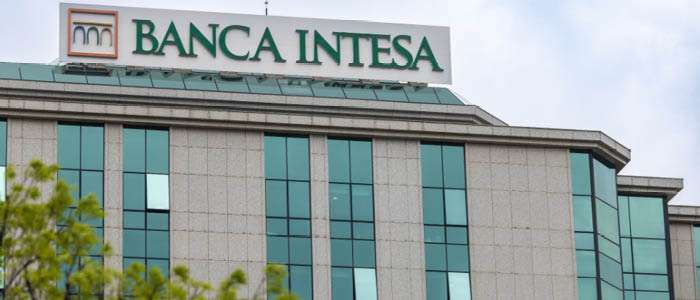JPM partner Nikola Djordjevic and Senior Associate Marija Vukcevic single out and analyze official clarifications and opinions on the application of financial regulations for January 2022, related to taxes, which have been published in the latest newsletter of the Ministry of Finance of the Republic of Serbia.
The Board Conditionally Clears a Horizontal Transaction in the Online Comparative Ticket Sales Market
The Turkish Competition Authority (the "Authority") published its Obilet/Biletal decision where it conditionally approved the acquisition of Biletal İç ve Dış Ticaret A.Ş.’s (“Biletal”) sole control by Obilet Bilişim Sistemleri A.Ş. (“Obilet”) and decided that the proposed transaction would not result in significant impediment of effective competition under Article 7 of Law No. 4054 on the Protection of Competition ("Law No. 4054")[1] subject to commitments proposed by the parties.
Online App, E-desk or ‘My Address’ – New Cadaster Registry Online Features Available
Serbian Republic Geodetic Authority has recently added various new online features and services available both for professional users and citizens, in its overall efforts to implement the principle of development of electronic services.
The NFT Phenomenon and Recent Legal Developments In Crypto
In March 2021, a digital artwork called “Everydays: The First 5000 Days” was sold by Christies, a British auction house, for $69 million. In other words: Someone paid almost $70 million for a picture on the Internet. Shortly after this sale, cryptographic tokens known as “Non-Fungible Tokens” (“NFT”) with a blockchain technology infrastructure quickly became a part of the mainstream in the art and technology world. Hundreds of millions of dollars of NFT sales now occur each week through public marketplaces like Foundation, OpenSea, and Nifty Gateway.
Asters: Ukrainian Government Launches a Program of Evacuation of Enterprises from the Combat Zone to the West of Ukraine
Asters, March 16, 2022:The Cabinet of Ministers of Ukraine is ready to provide conditions to work in the western regions of Ukraine for enterprises located in the zone of risk and active hostilities. Primarily, the state encourages the relocation of strategic enterprises and enterprises that produce essential goods to meet the needs of the civilian population and the Armed Forces of Ukraine.
Ketler & Partners: Advice to Ukrainians in Slovenia
This review was prepared for Ukrainian refugees by the law firm Ketler & Partners, a member of Karanovic, upon request and in coordination with the international legal network Multilaw and Ukrainian law firm Arzinger. The review is as of March 11, 2022. The review is not a legal advice and is for informational purposes only. For updates, please follow www.multilaw.com and/or www.arzinger.ua
Tuca Zbarcea & Asociatii: Advice to Ukrainians in Romania
This review was prepared for Ukrainian refugees by the law firm Tuca Zbarcea & Asociatii upon request and in coordination with the international legal network Multilaw and Ukrainian law firm Arzinger. The review is as of March 11, 2022. The review is not a legal advice and is for informational purposes only. For updates, please follow www.multilaw.com and/or www.arzinger.ua
Karanovic & Partners: Advice to Ukrainians in Montenegro
This review was prepared for Ukrainian refugees by the law firm Karanovic & Partners upon request and in coordination with the international legal network Multilaw and Ukrainian law firm Arzinger. The review is as of March 11, 2022. The review is not a legal advice and is for informational purposes only. For updates, please follow www.multilaw.com and/or www.arzinger.ua
Ilej & Partners: Advice to Ukrainians in Croatia
This review was prepared for Ukrainian refugees by the law firm Ilej & Partners in cooperation with Karanovic & Partners upon request and in coordination with the international legal network Multilaw and Ukrainian law firm Arzinger. The review is as of March 11, 2022. The review is not a legal advice and is for informational purposes only. For updates, please follow www.multilaw.com and/or www.arzinger.ua
Kelemenis & Co.: Advice to Ukrainians in Greece
This review was prepared for Ukrainian refugees by the law firm Kelemenis & Co. upon request and in coordination with the international legal network Multilaw and Ukrainian law firm Arzinger. The review is as of March 11, 2022. The review is not a legal advice and is for informational purposes only. For updates, please follow www.multilaw.com and/or www.arzinger.ua
Lakatos, Koves & Partners: Advice to Ukrainians in Hungary
This review was prepared for Ukrainian refugees by the law firm Lakatos, Köves and Partners Law Firm upon request and in coordination with the international legal network Multilaw and Ukrainian law firm Arzinger. The review is as of March 11, 2022. The review is not a legal advice and is for informational purposes only. For updates, please follow www.multilaw.com and/or www.arzinger.ua
Rowan Legal: Advice to Ukrainians in Czech Republic
This review was prepared for Ukrainian refugees by the law firm ROWAN Legal upon request and in coordination with the international legal network Multilaw and Ukrainian law firm Arzinger. The review is as of March 11, 2022, will be updated as relevant, also Ukrainian translations will be added. The review is not a legal advice and is for informational purposes only. For updates, please follow www.multilaw.com and/or www.arzinger.ua
Criminal Liability of the Board of Directors Members
The board of directors [“Board”] stands out as a body that undertakes the management and representation duties of a joint stock corporation and is endowed with the power that can affect the interests of the corporation as well as its related parties. Such broad authority brings with it the same degree of responsibility. Although such responsibility mostly results in legal liability, the legislator did not remain silent on the fact that the activities of the Board are directly related to the market economy, and thus, imposed criminal sanctions in connection with the actions of the members. In this respect, the use of management and representation powers by the Board members or their personal actions may lead to criminal liability.
Tsvetkova Bebov & Partners: Advice to Ukrainians in Bulgaria
This review was prepared for Ukrainian refugees by the law firm Tsvetkova Bebov & Partners upon request and in coordination with the international legal network Multilaw and Ukrainian law firm Arzinger. The review is as of March 11, 2022, will be updated as relevant, also Ukrainian translations will be added. The review is not a legal advice and is for informational purposes only. For updates, please follow www.multilaw.com and/or www.arzinger.ua
Herbst Kinsky: Advice to Ukrainians in Austria
This review was prepared for Ukrainian refugees by the law firm Herbst Kinsky Rechtsanwälte GmbH upon request and in coordination with the international legal network Multilaw and Ukrainian law firm Arzinger. The review is as of March 11, 2022, will be updated as relevant, also Ukrainian translations will be added. The review is not a legal advice and is for informational purposes only. For updates, please follow www.multilaw.com and/or www.arzinger.ua
Soltysinski Kawecki & Szlezak: Special Act on Assistance to Ukrainian Citizens
Soltysinski Kawecki & Szlezak, Mar 14: As announced, the Act on assistance to Ukrainian citizens regarding the armed conflict on the territory of Ukraine was enacted on Saturday. The legislation is effective retroactively as of 24 February 2022. Below is a summary of the changes introduced by the Act.
What Would A User Generated Content Platform Provider Need To Know When Entering Turkish Market?
From promoting a new brand to preserving the market presence of an already established one, User Generated Content (“UGC”) has become an uncanny tool to initiate and preserve consumer engagement. With that, social network providers have transformed from mere conduits of social interaction between individuals, to multifaceted platforms that enable businesses to reach their consumers. As UGC became more and more mainstream, pulled millions of users and created some of the biggest tech companies, many countries try to catch up with regulations such as Turkey.
Humanitarian and Assistance Measures in the Context of the Military Conflict on the Territory of Ukraine
Emergency Ordinance No. 20/2022 for amending and supplementing certain normative acts, as well as for regulating humanitarian and assistance measures (“GEO 20/2022”) was published in the Official Gazette No. 231/2022.

